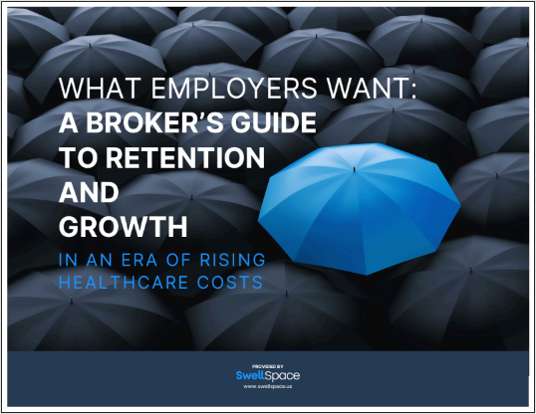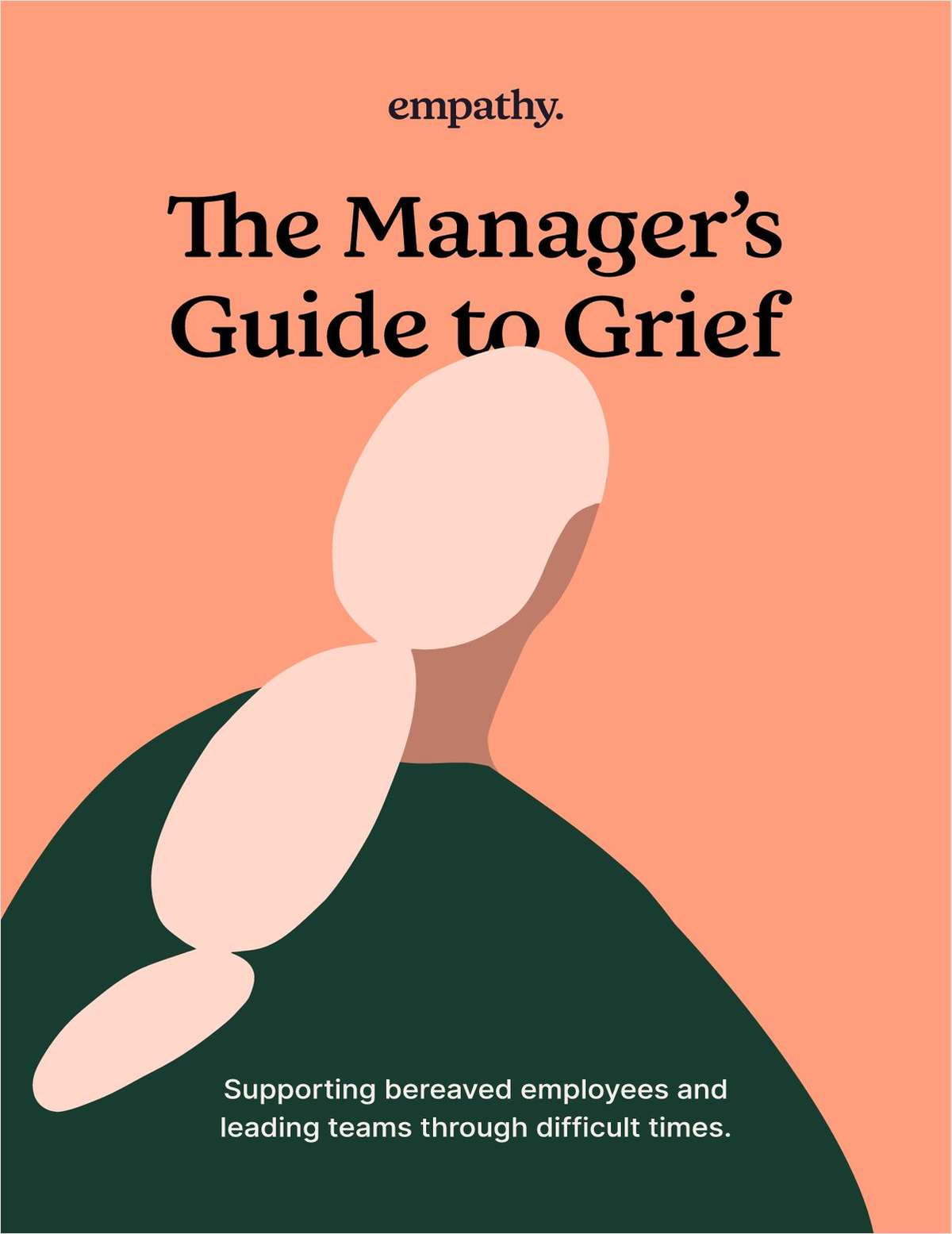WEST PALM BEACH, Fla. – With Fed rate cuts coming fast and furious this year, credit union pricing decisions on deposit products can have a major effect on credit unions' bottomlines. Historically credit unions have reacted much slower to Fed rate cuts than banks. With 10 Fed cuts for 450 basis points this year, that practice is being tested. A slowdown in lending coupled with a surge in deposits can put a strain on credit unions' net income if they continue to pay above market rates on deposit products. NCUA's third quarter call report data will paint a clearer picture of what CUs are doing with rates. That is expected out in a few weeks. According to rate watcher BankRate.com (www.bankrate.com), a one-year CD rate at credit unions is hovering around 3.98%, a full 1% better than at banks. It should be noted that the BankRate.com rates are based on a survey of the largest 50 CUs, banks and thrifts in top U.S. markets. The BankRate.com survey shows the average CU money market account is 2.50% -1.15% better than the average at banks. "Typically, a one-year CD is priced right off the Fed funds rate (currently at 2%). Credit unions are averaging roughly 3.5% on the one-year, about 1.5% above what they normally target, so there's clearly still a lag time with adjusting rates there," said Mike Schenk, senior economist for CUNA. "Some credit unions out there have boards that like to see higher saving rates for different reasons. They're not being as proactive as getting those rates down to market rates. But in general credit unions are better than they were in the past about adjusting rates," said Schenk. The interesting thing about this year, said Schenk, is CUs probably don't have to have the best rates in their region to attract deposits. "With so much money flowing into credit unions right now, you really don't have to price above the market to get funds," said Schenk. CUNA Chief Economist Bill Hampel said credit unions worried about their bottomlines may consider these three options: increase yield on investments somehow (longer term securities, more complex securities, etc.); cut expenses; or hold onto more mortgage loans currently flying through CUs because of a refi boom. He said these options should be avoided, especially if a CU is paying above market rates on savings products. "We would counsel credit unions that if their bottomline is hurting, and savings rates are above their competitors, adjusting them down is the primary adjustment to make," said Hampel. Hampel said CUNA's monthly watch data indicate that CUs are in fact moving savings rates down. He said he's hearing a lot of anecdotal stories about CUs being hurt by not doing that, and a lot of those CUs are smaller credit unions. "Keeping savings rates too high is like a self-inflicted wound that's easy to correct," said Hampel. The great thing about adjusting rates downward is it has an immediate effect, said Hampel. "The very next day your cost of funds goes down," he said. Hampel stressed that each CU is unique and some have the capital and net income to keep rates at above market prices. Credit unions aren't taking these pricing decisions lightly. At Ent FCU, Colorado Springs, there is a pricing committee chaired by the CU's CFO that is solely dedicated to the pricing of CU products. The committee is made up of a variety of CU employees, ranging from frontline member service employees to marketing staffers. "We've given the whole pricing question a lot of attention this year, trying to balance what's fair to the members and what's fair to the credit union, and what serves the long-term interest of the credit union," said Ent FCU President/CEO Charles Emmer. Emmer said that each CU is so unique that looking at national CU rate averages doesn't tell the whole story. "We are a community credit union so we're probably a little bit more rate sensitive as opposed to a single sponsor credit union," said Emmer. With 10 rate cuts this year, Emmer said the CU has adjusted rates about four times. The CU is watching that its rates don't become so attractive that it is overwhelmed with deposits. "We've about doubled the amount of assets we thought we'd grow this year. We'd like to say it's our great sales and service, but there's a flight to quality and insured deposits. Our board is careful about not letting things get too wild. In the late `80s and early `90s this credit union suffered from explosive growth and the infrastructure didn't keep up," said Emmer. Ent FCU's management has the latitude to increase or decrease deposit rates by 50 basis points either way. The board then ratifies that move at the next board meeting. For loan rates, the board semi-annually gives management a 200 basis point range to adjust rates. Ent FCU asked for a legal opinion letter from NCUA to make sure that practice was within regulations. Hampel said CUs shouldn't be scared of too many deposits. He said the role of CUs is to meet their members borrowing and savings needs. If members want to keep all their money in the CU this year, it's not a bad thing, just part of the normal ebb and flow of managing a credit union balance sheet. Jeanne D' Arc CU, Lowell, Mass., has an informal policy of staying about 50 basis points higher on share accounts than competitors in its New England region. CEO Paul Mayotte said deposit rates in New England tend to be higher than other regions of the country. As common in that region, the CU does not offer money market accounts. "The big regional banks are paying 1.49 to 1.75%. We have several institutions in the area, all community banks, paying 2.5%. Having said that, at 3% we're having a good year. We went from 3.5% to 3.25% in July and now down to 3%. We try to pay a smidgen above competitors," said Mayotte. The CU consistently prices its CD rates based on the market. Mayotte said his CU can afford to pay 50 basis points higher on share accounts because its ROA is not trending down like other CUs due to solid performance on the investment side, and a $200 million mortgage portfolio. "We're buying more ARMs and floaters. We've had some good luck with SBA floaters," said Mayotte. He said the CU is still planning on awarding members a bonus dividend this year. "Our earnings belong to the members. It's their money." [email protected]
Continue Reading for Free
Register and gain access to:
- Breaking benefits news and analysis, on-site and via our newsletters and custom alerts
- Educational webcasts, white papers, and ebooks from industry thought leaders
- Critical converage of the property casualty insurance and financial advisory markets on our other ALM sites, PropertyCasualty360 and ThinkAdvisor
Already have an account? Sign In Now
© 2024 ALM Global, LLC, All Rights Reserved. Request academic re-use from www.copyright.com. All other uses, submit a request to [email protected]. For more information visit Asset & Logo Licensing.








